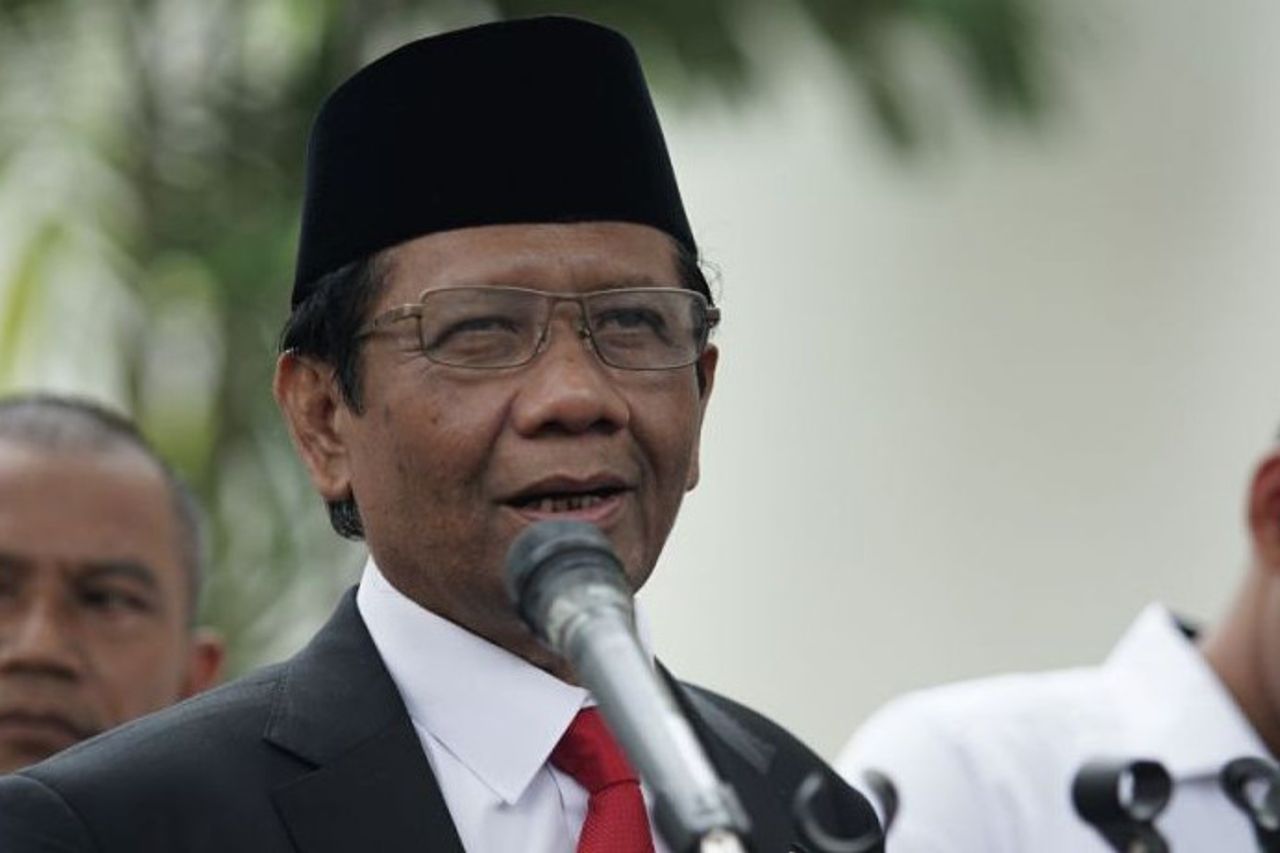Mahfud MD And His Challenges At Komnas HAM

JAKARTA - All demands for investigating cases of human rights violations in Indonesia, especially in the past, must be resolved immediately so that no more parties use them as a political commodity. This was conveyed by the Coordinating Minister for Political, Legal and Security Affairs (Menkopolhukam) Mahfud MD after he received a visit from a representative of the New Zealand parliament.
The former Chief Justice of the Constitutional Court (MK) said that during a meeting, he gave an explanation to the New Zealand parliamentary envoy regarding human rights violations in Indonesia. Mahfud said the cases of human rights violations were divided into three, namely past, present, and future violations.
"Past violations have always been a political commodity that must be resolved. One way of resolving them is non-judicial," Mahfud told reporters at the Kemenkopolhukam Office, Jalan Medan Merdeka Barat, Tuesday, November 19.
Mahfud did not explain what kind of non-judicial method. However, this method was taken because according to him the victim, the perpetrator, and the evidence there were no longer there.
To prove his commitment to solving human rights cases, Mahfud then challenged the National Human Rights Commission (Komnas) to provide evidence related to past human rights violations. Including gross human rights violations that occurred during the events of 1956.
According to him, so far Komnas HAM has often been tussling with the Attorney General's Office. Mahfud considered this because each Komnas HAM submitted evidence to the Attorney General's Office and the evidence was returned because it was incomplete. Instead of completing evidence of violations, they did not correct it.
"Attorney General returned, 'here you fix it', then not the repairs were given, but responses. Until many times. So we just clear it," he said.
So, Mahfud asked Komnas HAM to show strong evidence to thoroughly investigate past cases of gross human rights violations.
In fact, he said, if the evidence and data presented were strong, it was not impossible that he himself would bring it to court to settle the case.
"I think Komnas HAM is mature enough to know. If it is possible, come on, I will take it to court," he said.
Meanwhile in Papua, Mahfud asked other parties not to always associate repressive actions there as one of the human rights violations. This is because what happens is not always a matter of human rights violations but law enforcement in Indonesian territory.
Moreover, it is deemed necessary to enforce this law, remembering that when the riots occurred, this incident was often ridden by separatists. "We have laws as well as security and order which guarantees the right to the state to take security measures. So it is not a violation of human rights," he said.
"Now, what I say is that human rights violations in Papua occur horizontally. Groups with other groups at the level of the people themselves cannot be denied," he added.
Regarding horizontal human rights violations, Mahfud said that the government is currently working on it so that it can be resolved immediately and the process is still ongoing until now.
Mahfud, who was inaugurated as Menkopolhukam on October 20, 2019, said he had a mandate to immediately resolve cases of human rights violations in Indonesia, especially past serious violations. He said that this mandate was conveyed directly by President Joko Widodo at the State Palace after the inauguration of the ministers.
As a follow-up, Mahfud even said he would turn on the Truth and Reconciliation Commission (KKR) to resolve cases of human rights violations. This idea has also been conveyed to President Joko Widodo.
This commission is not really new. Because previously, the TRC was promulgated in Law 27/2004. However, in 2006, this law was canceled by the then Chief Justice of the Constitutional Court, Jimly Asshidiqie. This cancellation is due to the fact that this law is deemed inconsistent, which can lead to legal uncertainty.
